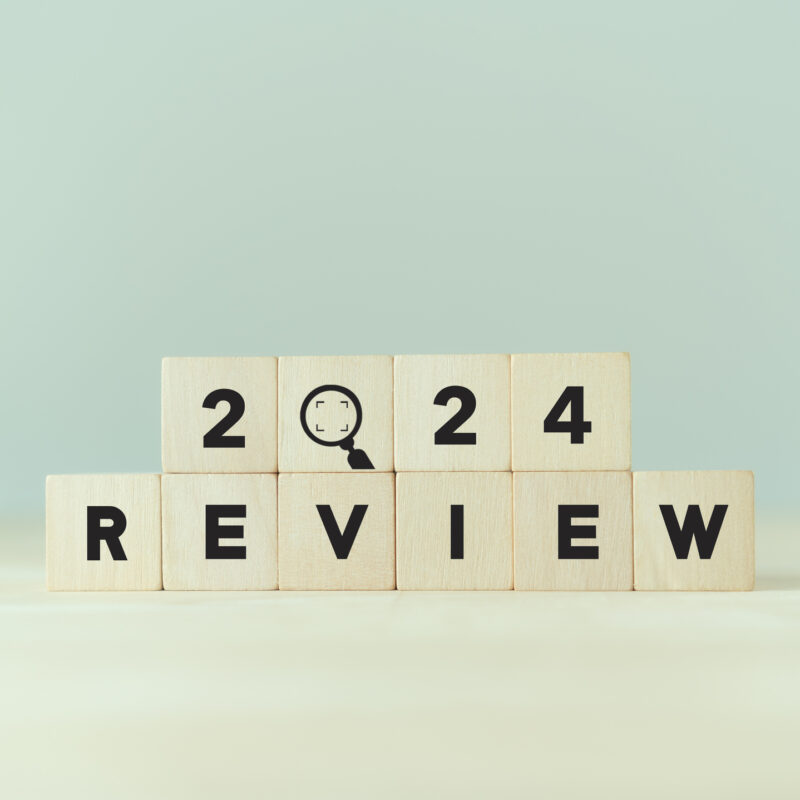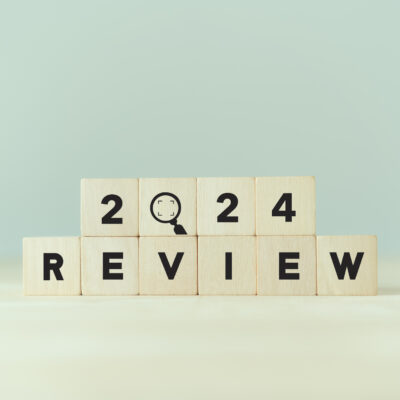The local composer Matt Marshall fell in love with silent film when, at age 13, he saw Lon Chaney Sr. —“the Man of 1,000 Faces”—in a PBS broadcast of The Phantom of the Opera. “There was a beauty to it, just the sight of people moving through sets,” says Marshall. “It was like a combination of dance and poetry.”
|
Matt Marshall started performing original scores to silent films in 2001 through the Virginia Film Festival. Since then, he has expanded his work into the Reel Music Ensemble, which, depending on the performance, is made up of three or four students from UVA’s Music department. |
With his Reel Music Ensemble, Marshall has been trying to reignite interest in silent films by coupling these elements—shaky visuals, elaborately designed title cards and histrionic performances—with updated scores in a live setting. The ensemble performs twice this month at the Paramount Theater, accompanying The Thief of Bagdad (1924) and F.W. Murnau’s Nosferatu (1922).
The challenge? The few scores that were written amount only to “cue sheets,” which specify a mood or a piece of pre-existing music to be played during a scene. Such a sheet exists for The Thief of Bagdad, but Marshall says that in the West of the 1920s there was almost no exposure to the legitimate music of the Middle East. “All they had was Rimsky-Korsakov’s Scheherazade, which was a Russian composer’s interpretation of Eastern themes.”
So part of his task in composing a new score was to “give it some legitimate Arabian flavor,” by drawing on Arabian and Persian folk music from the period. That should introduce some tension between the score and Raoul Walsh’s film itself, which depicts a thief (played by the silent film star Douglas Fairbanks Sr.) squaring off against the Prince of the Mongols for the love of the Caliph’s daughter. Baghdad is a gorgeous blur of opulent minarets best navigated, of course, by magic carpet.
But if that’s not entertainment, what is? “I think people are surprised, if they allow themselves to slow down and to concentrate on the images, just how impressive some of these films are,” says Marshall. “But with such an attention-deficit-disordered generation, it’s hard to get someone to sit still for something that came out 10 minutes ago, let alone almost 100 years ago.”
Marshall says that music introduces an “element of the ephemeral,” where you can sit through the same movie five times and have five distinct experiences. That’s why he doesn’t touch the few silent films that do have strict scores.
Charlie Chaplin scored his own films, so Marshall will sit out a September 20 double feature of Chaplin’s Shoulder Arms and The Kid. “Chaplin doesn’t need my help,” says Marshall.
The Thief of Bagdad screens on September 13, and Nosferatu screens on September 27. Visit www.theparamount.net for more information.
Clarification [added Tuesday, September 7]: The screenings of Thief of Bagdad, Nosferatu and the Chaplin films, as well as the two performances by the Reel Music Ensemble, are presented by the Paramount in partnership with the Virginia Film Festival.






